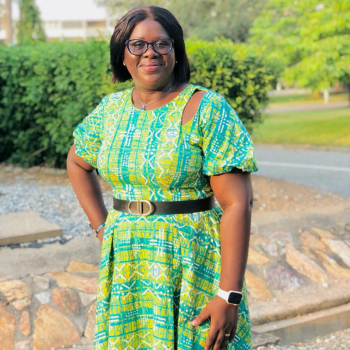Academic Integrity of Assessment Results in the Digital Space: The UEW Experience

| +233205477918 | |
| nsakyihagan@uew.edu.gh | |
| Download CV |
Academic Integrity of Assessment Results in the Digital Space: The UEW Experience
The current shift to digital space for instructional delivery has challenged higher education institutions to look at the issue of academic integrity of online assessment. This qualitative study adopted phenomenological methodology to explore science and mathematics undergraduate students’ perspectives regarding academic integrity of their online assessment results. The authors utilised focused group discussions to solicit students’ awareness and practices of academic dis/honesty. The study also explored factors influencing students’ practice of academic dishonesty in online assessments, and ways to enhance academic integrity in the digital space. Ten volunteer students each from the departments of Mathematics Education and Integrated Science Education from one university in Ghana shared their perspectives in the study. Results from thematic analysis revealed students were largely aware of the value of integrity of their assessment results but were not bothered about the consequences of engaging in such dishonest practices as cheating, jockeys, collusion and plagiarism. Student, faculty and ICT system related factors were found to influence students’ engagement in academic dishonesty. The study recommends the institution of an honor code and policy on academic integrity, digital etiquettes and consequences of unreliable, invalid and dishonest assessment practices. Faculty also needs to consider using online assessment tasks which do not lend themselves to copying. The use of a blended (in-person and technology-based) method to curtail dishonest practices in assessment of science and mathematics students is proposed.
Keywords: Academic integrity, Digital space assessment, Science and mathematics students
